By Michael Kelley ‘14 and Drew Friedman ‘16 | Collaborative Writers
Photo by Austin Drucker ‘17
The 2013-2014 season of college basketball appears to be the season of bully coaches. Accusations of abuse and harassment by coaches at the highest level of collegiate competition have extended to the Patriot League.
This season alone, three coaches have come to the media forefront for alleged bullying of their players – in the form of slurs, excessive yelling and personal insults among others.
Georgetown University women’s basketball coach Keith Brown was forced to resign in October after several players complained publicly of unprofessional conduct and inappropriate language.
A former player at Holy Cross sued both women’s basketball head coach Bill Gibbons and the college, claiming that Gibbons was physically and emotionally abusive and that the college covered up his behavior. Gibbons left on paid leave beginning on October 17 and then returned on January 15. The lawsuit remains pending.
Most recently, allegations have emerged out of new Patriot League member Boston University. Four players who were attending the university on $60,000-a-year athletic scholarships have accused women’s basketball head coach Kelly Greenberg of emotional abuse.
Federal laws cover sexual harassment between coaches and players. What is new in these situations is the aspect of the much murkier definition of emotional abuse or bullying.
“Things have changed. Retroactively, I could go back and get a couple of my coaches in trouble for what I went through,” Lafayette men’s basketball coach Fran O’Hanlon said. “Sometimes that was the way they handled things.”
Coaches have always been under pressure to win and meet expectations, but now that pressure seems to have intensified even more. There is no easy answer as to what emotional abuse entails exactly and when what is said in a practice or game crosses into that territory of abuse.
In November of last year, Big East Commissioner Val Ackerman told the Washington Post, “As a coach, to find the right balance between ‘kick-‘em-in-the butt because they’re dogging it today’ and going too far is really hard. What’s the tipping point? I don’t think there is an easy answer here.”
Some student-athletes believe this problem is widespread nationwide.
“I know a lot of players that play at other schools that have difficult times with their coaches but not to this extreme,” Lafayette forward Emily Homan ‘15 said. “I think it might occur more than people would think.”
This is not the first time Greenberg has come under fire for alleged personal attacks and abuse. The majority of her players seven years ago reported her to the BU athletic director.
The most blatant case of coach mistreatment is approaching its one-year anniversary. That is the case of former Rutgers head coach Mike Rice, who was fired on April 13 for screaming at players, hurling basketballs at their heads, and even kicking them among other vile acts.
New Jersey Governor Chris Christie classified him as “an animal.”
“I have always considered coaching as teaching and the subject matter basketball,” Lafayette women’s basketball coach Dianne Nolan said. “Each player responds to certain techniques and as a coach you try to reach everyone. You are pushing to be the best but using good judgment.”
Allegations against Greenberg haven’t been proved but that does not mean it can’t damage a coach’s career. Brown was never proven guilty but ended up quitting.
With the situation and issue so prevalent in the landscape of college basketball today, it may hurt the game overall and shine a negative light on the sport.
There is no doubt that there is a fine line between ‘tough love’ motivating and harassment that includes emotional and mental abuse.
Georgetown men’s basketball coach John Thompson III explained a perfect scenario to describe this fine line to the Washington Post.
“At what point when I’m correcting a player does he decide, ‘I’m being harassed. I’m being bullied,’ or that he’s in a threatening environment? If I tell him five times in a row, ‘Hey kid, you’re not rebounding! Hey kid, you’re not rebounding! Hey kid, you’re not rebounding!’ is he being bullied? By some definitions, possibly.”
The situation is evolving and remains a hard-to-define matter the NCAA will be forced to address. That goes for the Patriot League as well, now having two of their schools involved in such situations.



















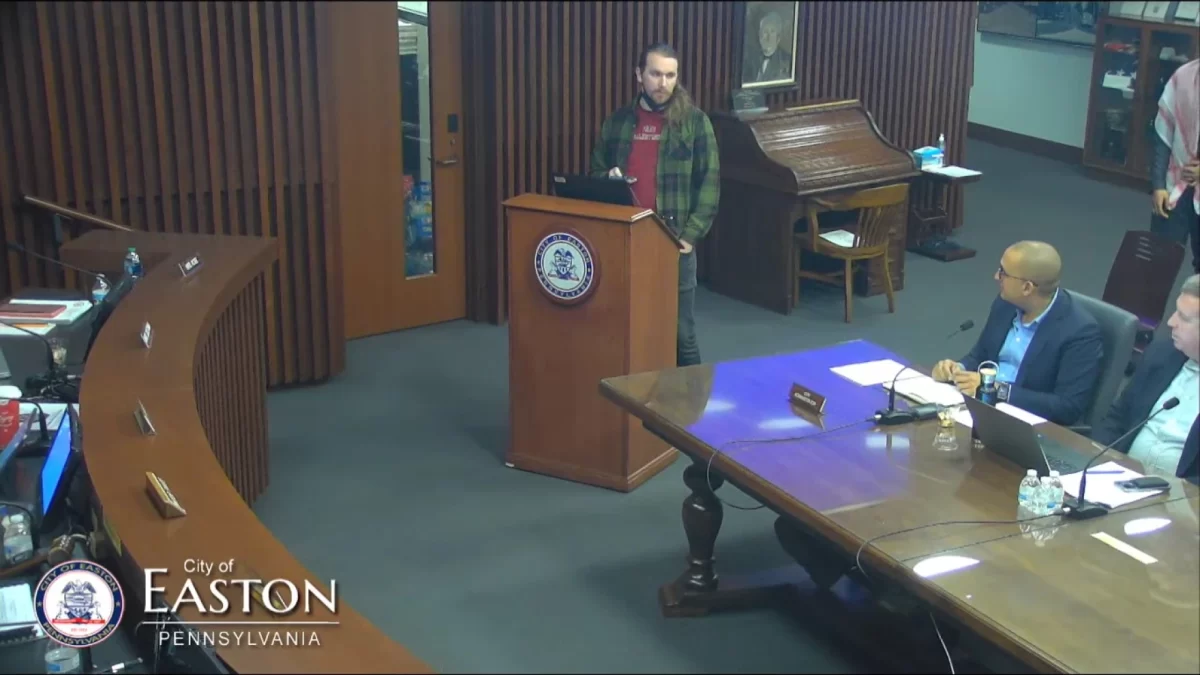







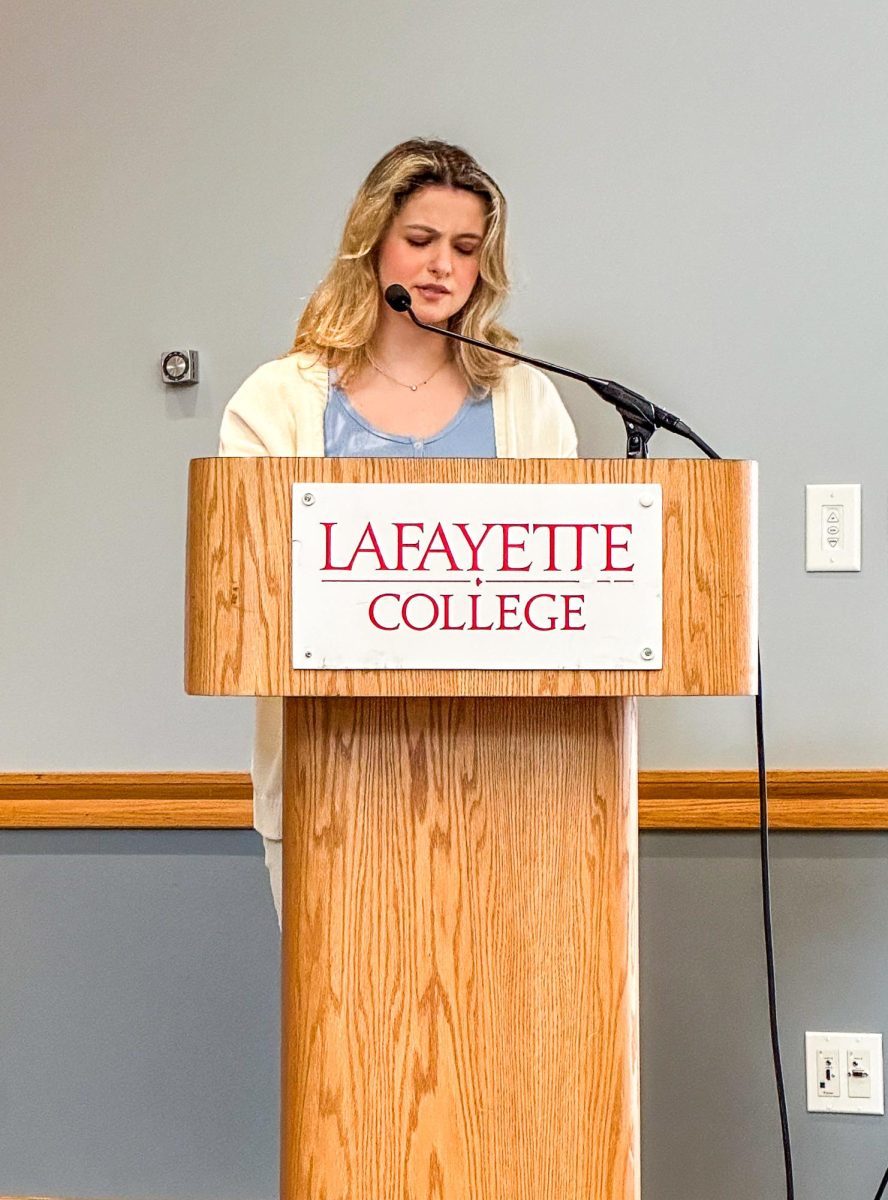


































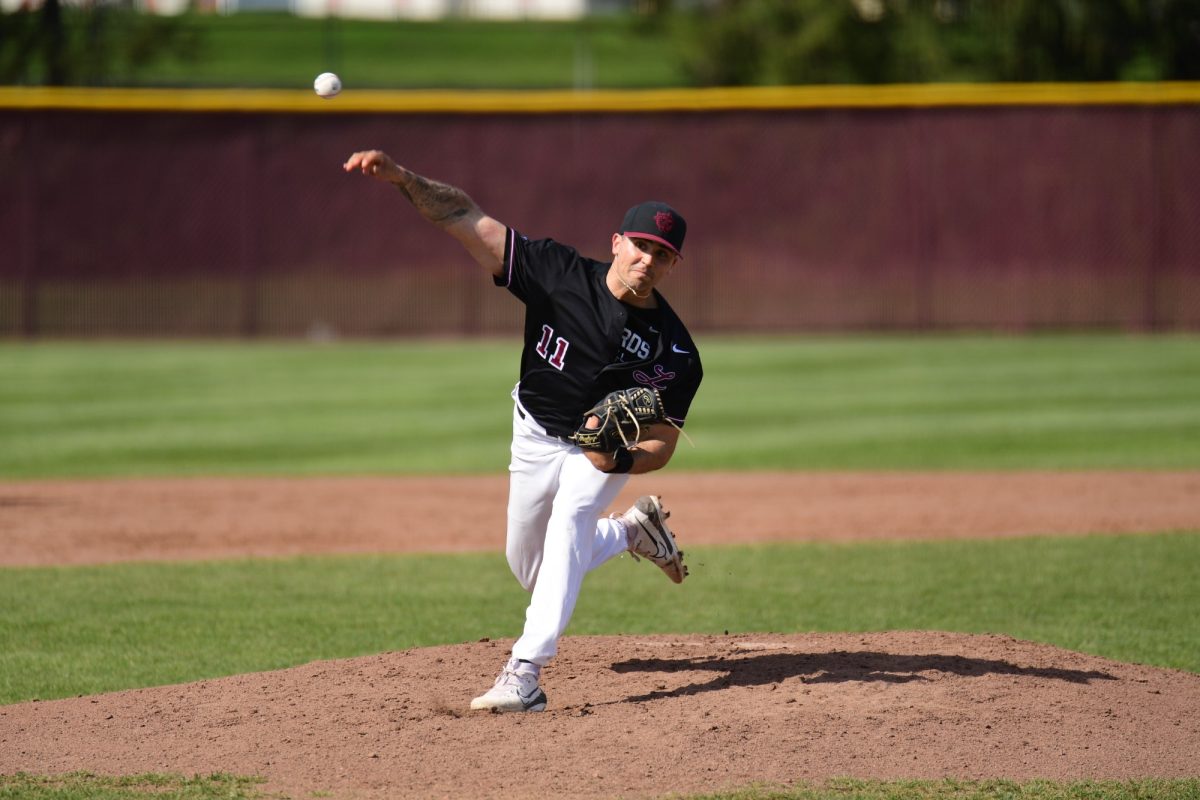
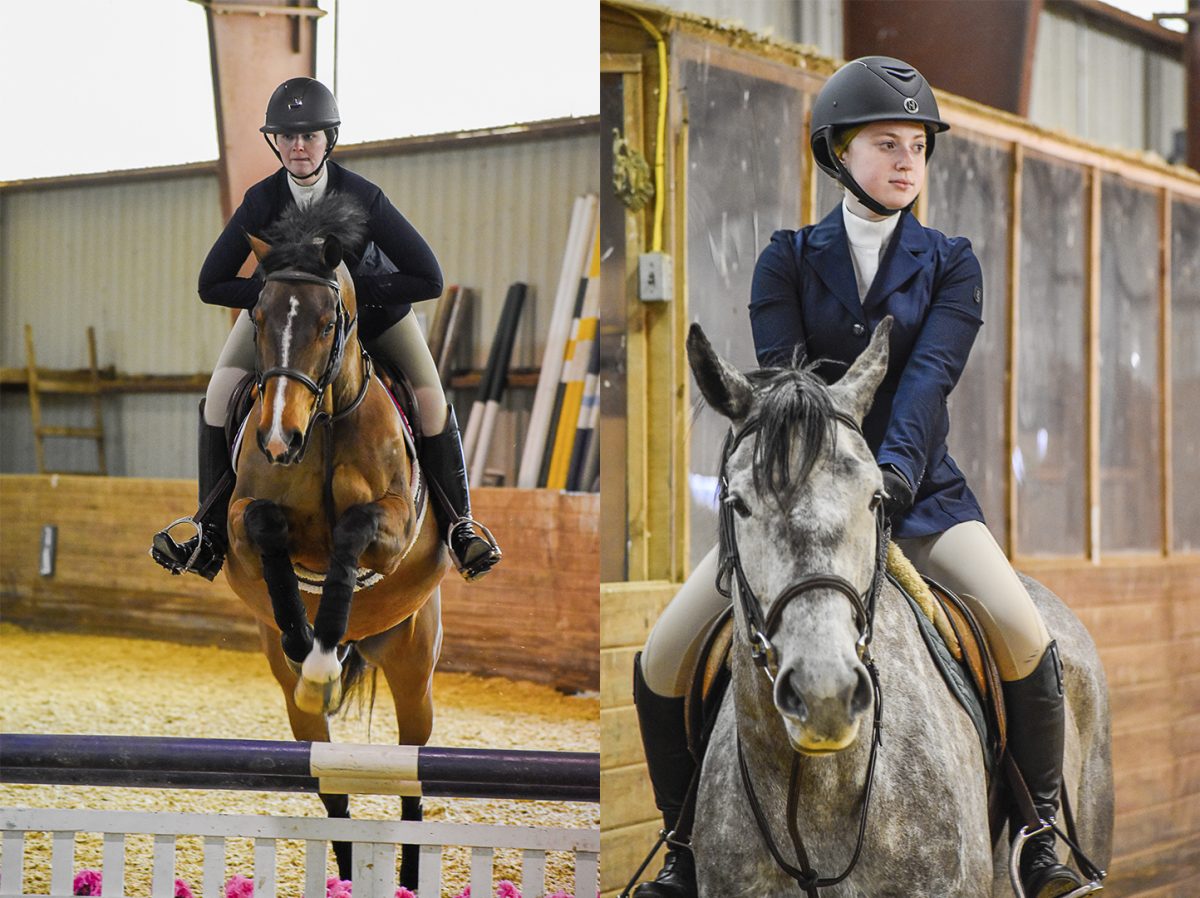
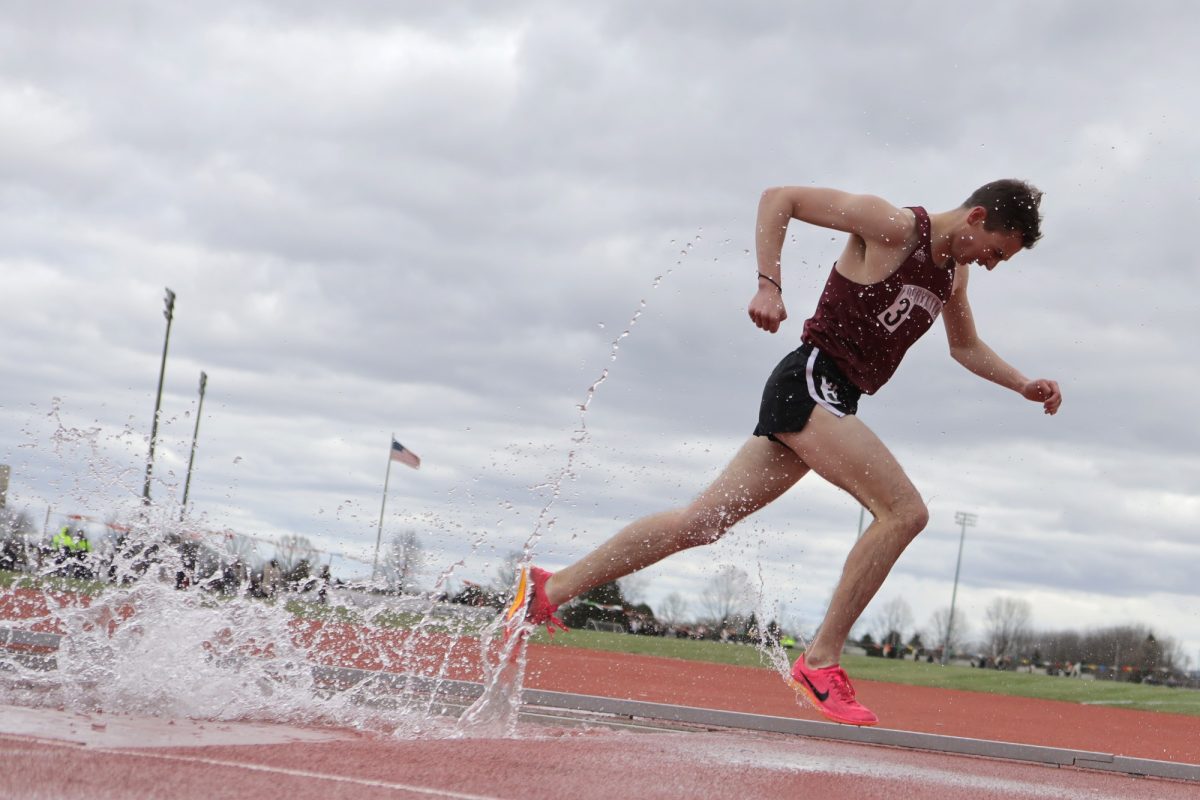
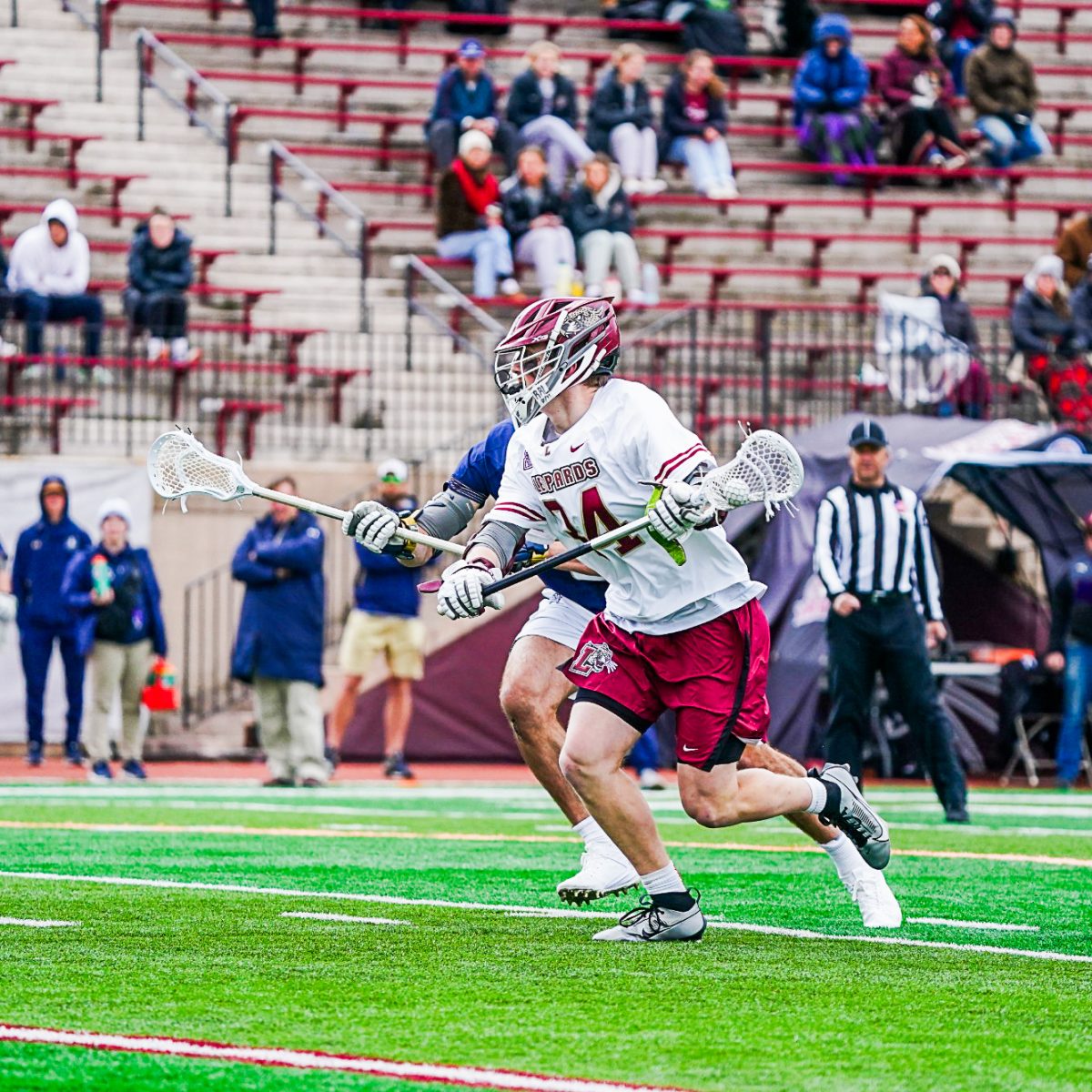









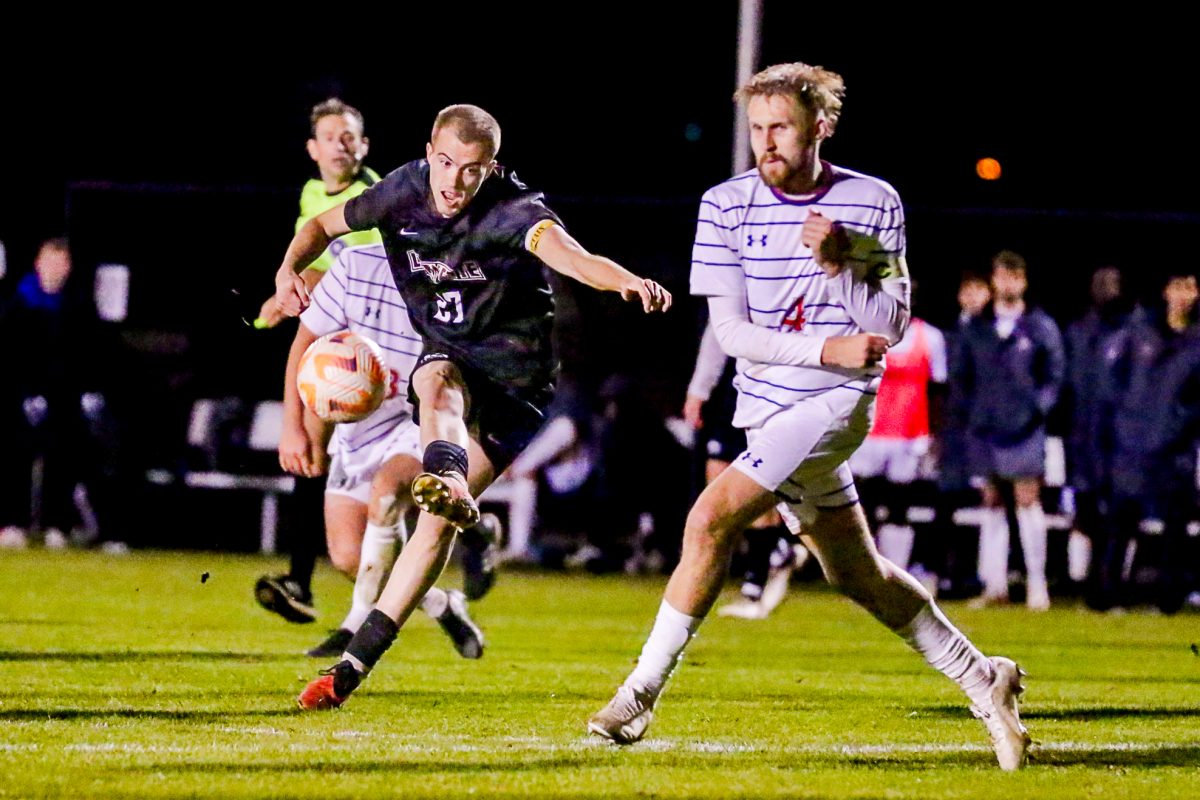





























Broderick Hood • May 7, 2014 at 1:21 pm
My son was called every name you can imagine by his (Bullyed) college coach, from the B….,Pu…. and even talk about Black players on his team. By the way he’s at a Christian School (Lee University) he did everything I ask of him by respecting the coach and keeping quieted know matter what the coach said to him. Out of anger after a game my son spoke back to the coach and from that point on he was bench and when the season was over he was told that he don’t fit the teams program. Several players from pass seasons has come out now about this coach but the school has not done anything about it. Again did I mention this is a Christian School. What is my Son to do?